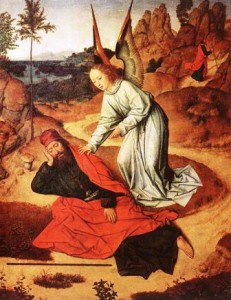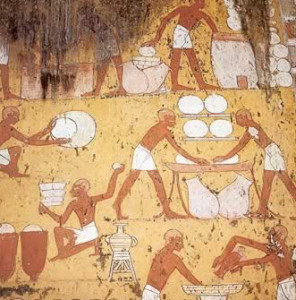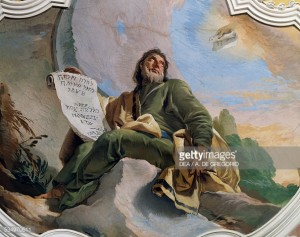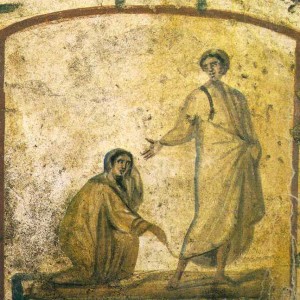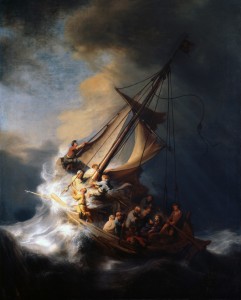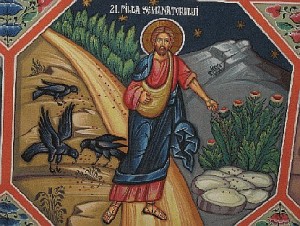Thoughts on Today’s Lessons for Aug. 16, 2015
First Reading: Proverbs 9:1-6It may be a gift to be simple, as the Shakers sang, but the authors of Wisdom and the Psalms don’t treat simplicity so kindly, using the word “simple” for a naive person, lacking experience or, well, wisdom. Wisdom – personified in the Old Testament as a woman, present with God at the Creation – sets the table for a great feast, and invites the simple to come and be made wise. Through wisdom we learn to walk in God’s way.
Psalm: Psalm 34:9-14
A bright young man came up with a puzzled look one morning after hearing a similar reading. “I don’t understand about ‘fearing’ the Lord,” he said. “Are we supposed to be afraid of God?” We were quick to reassure him: Think rather of being in awe – awestruck by God’s love and righteousness. If you love life, the Psalmist sings, follow God’s way. Speak kindly and with truth; avoid evil and do good; work for peace.
Second Reading: Ephesians 5:15-20
Today’s verses from the Letter to the Ephesians continue where last week’s reading left off. Echoing Proverbs’ advice to become wise, this reading too urges us to follow God’s way, filled with the Spirit, giving thanks for all our blessings in prayer and song to God in Jesus’ name.
Gospel: John 6:51-58
Jesus’ long narrative in John’s Gospel has taken a turn. The crowds that have been awed by Jesus feeding the multitude begin to doubt him when he tells them that he is the “living bread.” Now they argue back. As the discussion turns adversarial, John calls the crowd “The Jews,” a term that will become more problematic as we move toward the Passion and find John blaming the Jewish Temple leaders for Jesus’ death. But Jesus is steadfast, even if his audience seems horrified: All must “eat his flesh and drink his blood” to earn salvation and eternal life.

